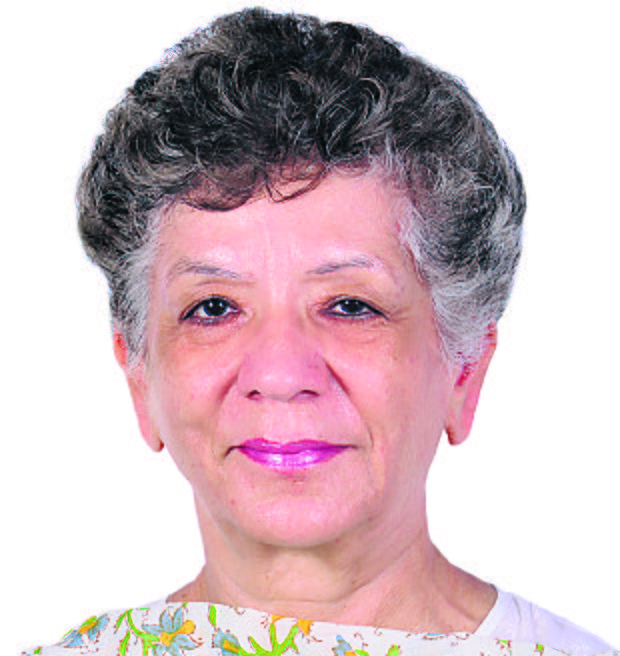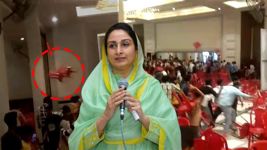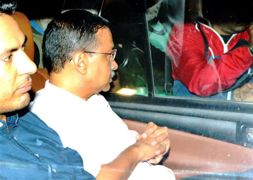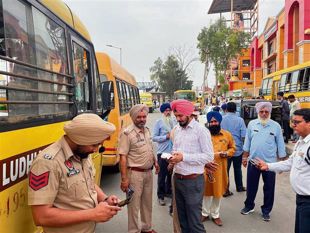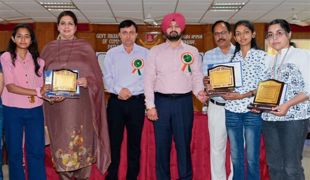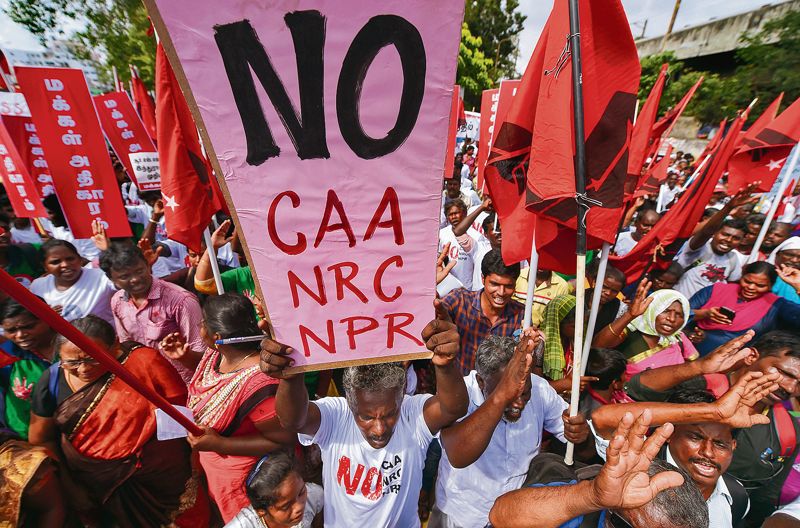
APPREHENSION: The fears about CAA are a sad reflection on contemporary India. PTI
Neera Chandhoke
Political Scientist
THE notification of the rules of the Citizenship Amendment Act (CAA) will no doubt be followed by the National Register of Citizens if the BJP wins the General Election. Non-Muslims who want refuge in India will get a home, while Muslim migrants/refugees who do not possess the required papers may face problems, even as the government claims that the CAA will not take away any Indian’s citizenship. The Supreme Court has asked the Centre to respond within three weeks to petitions seeking a stay on the implementation of the rules. These pleas have challenged the constitutional validity of the Act.
The fears and apprehensions among Muslim groups are a sad reflection on contemporary India. “Muslims have been an integral part of South Asia for over a thousand years. Why then is it so hard to define them as indigenous?” ask David Gilmartin and Bruce Lawrence in the introduction to their book Beyond Turk and Hindu. This is heartbreaking because overlap of languages, customs, ways of worship, cuisines, habits and mentalities are our Sanjhi Virasat, our shared inheritance. The Indo-Islamic fusion has shaped our words, poetry, art, aesthetics and thinking. It is difficult to separate one culture from others and term it ‘foreign’. Any attempt to present a culture as alien is historically and intellectually dishonest.
Gifted artist Sayed Haider Raza drew upon Gandhi’s philosophy of tolerance and inclusiveness to create magnificent paintings. His works were oriented around compassion for the pain of others, prayer, truth and peace. According to his biographer, Yashodhara Dalmia, Raza drew upon many religions to generate creative energy. In his work Sanmati, the deep orb at the centre creates a spiritual geometry, formulating Gandhi’s favourite prayer, which speaks of Allah and Ishwar as names of the same God. A believer himself, Raza would visit churches, temples and mosques, losing himself in meditation. Think of how deprived and how much poorer the philosophy of art would have been if Raza had not looked beyond his religion to other religions and to Gandhi’s message of peaceful coexistence. This wisdom, writes Dalmia, has been lost in contemporary India.
Today, remembrance of what Islamic cultures gave to the Indian civilisation has been smothered by the ‘Hindu only’ rhetoric of the religious Right. It forgets that the making of identities — Hindu and Muslim — is a modern project. In pre-colonial India, people tended to identify themselves as the residents of a region, a jati, a caste or a linguistic group. During the colonial period, Hinduism was standardised and given a definite meaning — metaphysical, upper-caste, Sanskritised and abstract. Islam went through the same process. The construction of overarching identities marginalised shared social customs and languages of everyday life. Common folk songs, myths, tales, beliefs, habits and languages were relegated to the wayside.
But there is much that unites the two communities. Jawaharlal Nehru wrote that the influence of Persian had no element of religion about it, and the language and the traditions associated with it came to India in the course of thousands of years and impressed themselves powerfully over north India. Persia was the France of the East, spreading its culture and language among its neighbours. And Persian was the language of the court, of record-keeping, poetry and literature, high culture and classical education. When Raja Ram Mohan Roy, the founder of the Bengal Renaissance, published his first work, Tuhfat-ul-Muwahhidin, he wrote the text in Persian and the preface in Arabic.
Take the Bhakti and Sufi traditions that flourished during Islamic rule. They dismissed religious rituals and priests, preached equality and aspired to merge with the divine. Saints showed us that the philosophic foundations of Islam and Hinduism were the same. Sufi Poems: A Medieval Anthology, compiled and translated by Martin Lings, suggests that the Hindu expression of the supreme identity has necessarily its equivalent in all other religions. In Islam, of which Sufism is the innermost aspect, the truth is expressed in the poem by Mansur Al-Hallaj: “I saw my Lord with the eye of the Heart/ I said: ‘Who art Thou?’ He answered, ‘Thou’.”
The forging of discrete identities and competitive nationalism are products of colonial modernity. Blurred lines between identities sharpened and created blocs hostile to each other. This is a pity because sensitivity to other cultures deepens consciousness and broadens our imagination. We are free because we transcend bonds that stifle us, as Sufi poet Bulleh Shah did. He said memorably: “Bulla ki jaana main kaun…Na mein bhed mazhab do paya/Na mein aadam hawwa jaya/Na koi apna naam dharaya (Bulla, how do I know who I am, I have not fathomed the mystery of religion/ I am not born to Adam and Eve/ I have no fixed name).” Alternatively, we think of ourselves as the product of many cultures. Urdu poet Hussain Haidry writes: “Mere ek nahi sau chehre hain/Sau rang ke hai kirdar mere/Sau kalam se likhi kahaani hoon/ Mein jitna Musalman hu bhai/Mein utna Hindustani hoon (I do not have one but a hundred faces, my roles are multi-hued, my story has been written by a hundred pens, to the extent I am a Muslim, I am also an Indian).” We want an India that gives us choices ‘to be or not to be’. That we can only accomplish when we shrug off our chains of manufactured prejudice and acknowledge that our fellow citizens are part of our shared inheritance.
Join Whatsapp Channel of The Tribune for latest updates.






